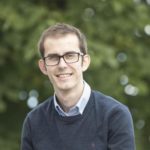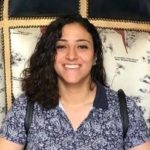Open Seminar at SKOK
Native/Immigrant/Refugee: Crossings and Divides
Time: Wednesday and Thursday, 28th – 29th of August 2019
Place: SKOK, Parkveien 9
About the seminar
Refugees, immigrants, and indigenous peoples are typically constructed as separate categories within nation-states, and thus are studies in relation to white “natives”, but seldom in relation to one another. Immigrants, indigenous people and refugees are conventionally imagined as communities with little in common.
This seminar, jointly organized by SKOK and the Center for Race and Gender at UC Berkeley will tackle the question: how do these communities, and the fields of study focused on these communities, intersect? A key question for the seminar will be how these communities are imagined to diverge through conceptions of time and space, and how such imaginaries are gendered. The participants will explore convergence and divergence among these three populations with respect to legal status and the attendant social and material contexts as well as cultural/political discourses and cultural forms and practices, particularly the “ground up” imaginaries and practices of natives, immigrants, and refugees.
Programme:
28th of August
9:30 – 10.00 Welcome, about the project Christine M.Jacobsen and Leti Volpp
10.00 – 11.00 Leti Volpp, Native/Immigrant/Refugee: US Legal Imaginaries
11.00 – 12.00 Marry-Anne Karlsen, How Long Time is Enough? Irregularity, Time, and Belonging in Norway
12:00 – 13:00 Debarati Sanyal, Messengers from Melilla’s Border
13:00 – 14:00 Lunch
14:00 – 15:00 Kari Jegerstedt, Caught between Colonial Violence and Eco/Tourism: A Second Lool at Zakes Mda’s The Heart of Redness (2000)
15:00 – 16:00 Stine Bang Svensen, Remapping Land: Indigenous Lands, Colonization, and Migration
16:00 – 17:00 Common Discussion
29th of August
09.30 – 10:30 Kari Anne Drangsland, Troubling the Periodization of Waiting
10:30 – 11.30 Fantasia Painter, Crossing Paths in the Borderlands: Indigenous Life and US Militarization at US-Mexico Border
11:30 – 12:30 Astrid Dankertsen, Colonial Hauntings in the Sami/Norwegian inbetween Space
12:30 – 13:00 Common Discussion
For more info, please click here


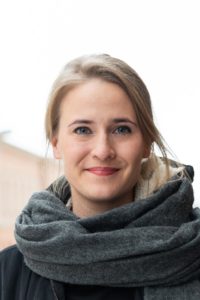
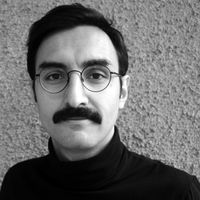
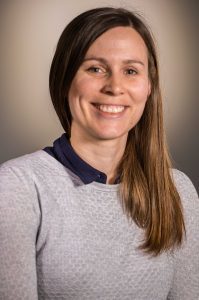

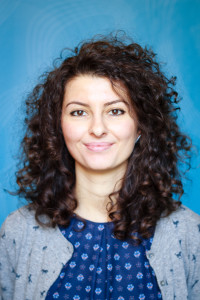
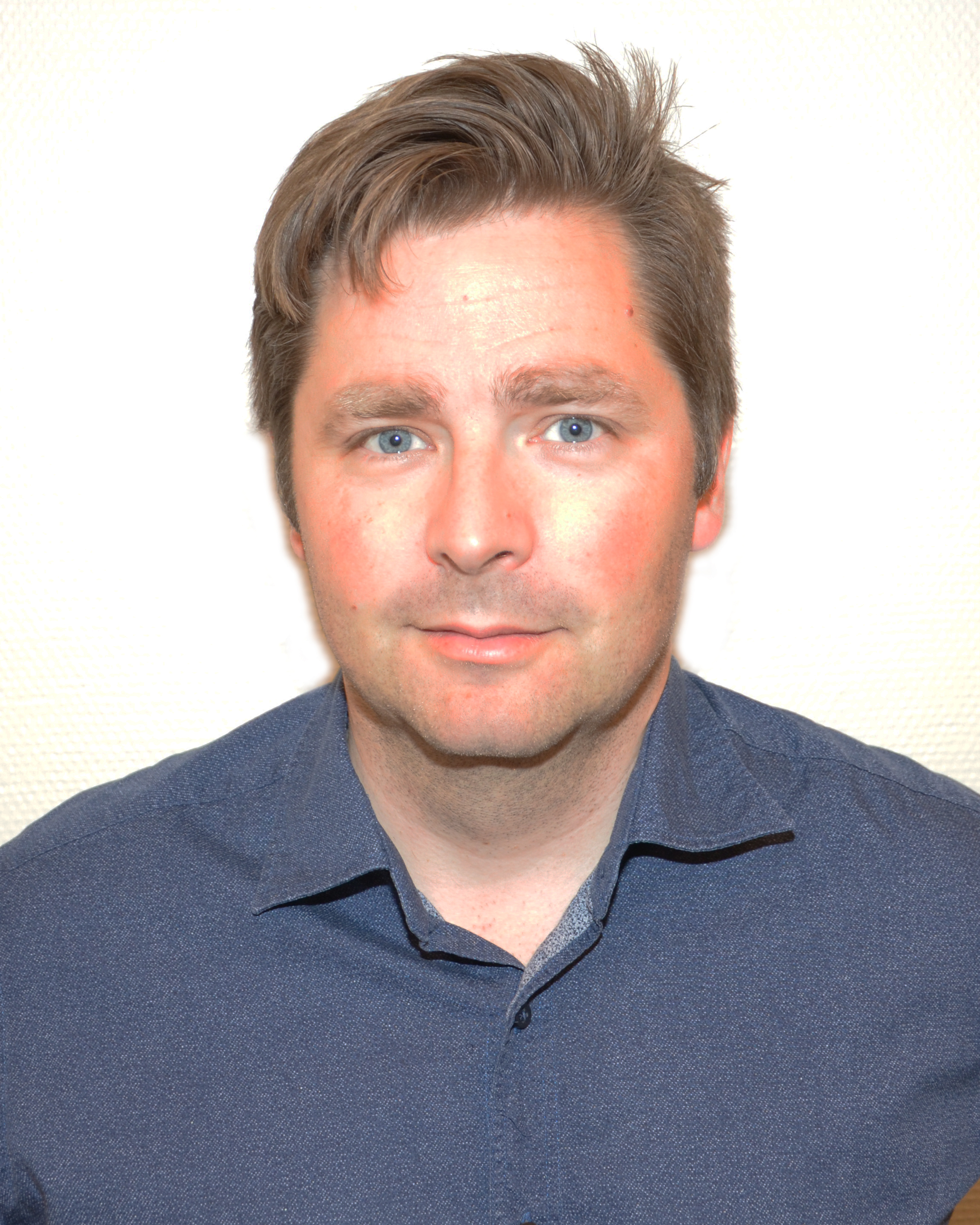 Sølve Sætre is an advisor at the Municipality of Bergen, tasked with developing diversity policy. He has a master’s degree in Comparative Politics from UiB.
Sølve Sætre is an advisor at the Municipality of Bergen, tasked with developing diversity policy. He has a master’s degree in Comparative Politics from UiB.